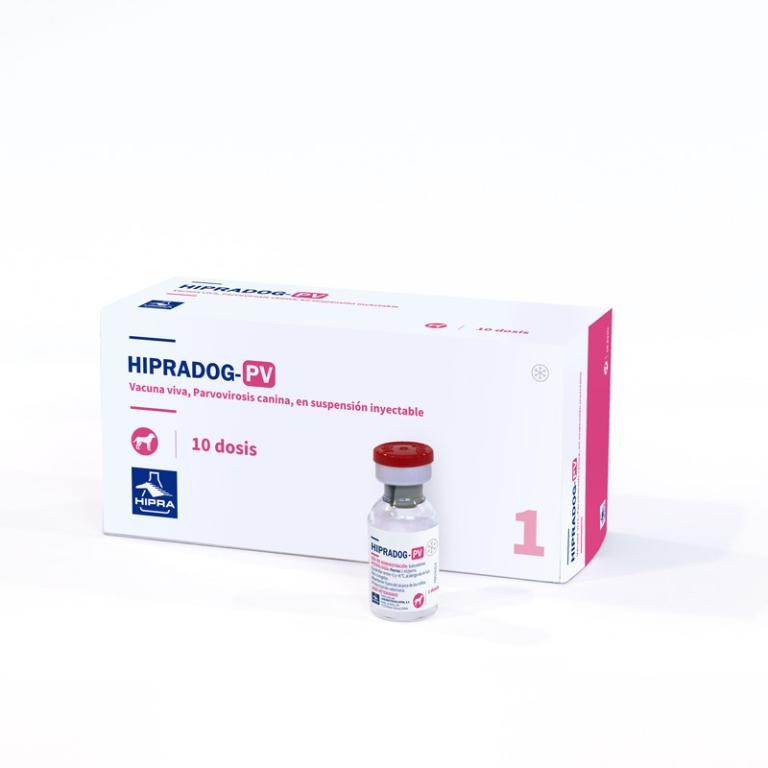 Interview with:
Interview with:
DANIELA SILVA, Veterinarian
Head of the Clinical Analysis Department at SEGALAB (Laboratório de Sanidade Animal e Segurança Alimentar, SA), Portugal
1. Serology supports Clinical follow-up
Daniela Silva holds a Master's degree in Veterinary Medicine from the Abel Salazar Biomedical Sciences Institute (University of Porto), with internships at Companion Animals Clinic in Portugal and at the University of Tennessee. She started her career in the field of laboratory veterinary diagnosis and participated in research projects in the field of microbiology. Since 2017, she has worked at SEGALAB as a Veterinarian; in 2019, she took on the position of Head of the Clinical Analysis Department.
In your opinion, what are the main problems related to the diagnosis of canine leishmaniasis?
In a seropositive animal, finding out if it is developing leishmaniasis or if there are other interfering factors, including the presence of vaccine antibodies or whether it is an asymptomatic carrier.
Why do clinical veterinarians request serology for leishmania?
Most of the time, veterinarians request serology for screening. However, after the diagnosis of leishmaniasis, the serology helps with clinical monitoring of the disease, which is the second major reason.
Do you already use IFI at your laboratory? What is your opinion about this technique?
We already use the IFI technique. This technique is not as objective as ELISA, since it is dependent on the observer and therefore does not offer as much certainty in the result.
In addition, it is also more time consuming and less practical to use.
What about the CIVTEST® CANIS LEISHMANIA caught your attention and why did you decide to use it?
This product caught our attention because it is a quantitative method that would allow the level of antibodies to be determined.
It is also cost effective, because it lets you test a large number of samples easily and quickly.
We decided to use it because practically all of continental Portugal is endemic for leishmaniasis, which makes this disease very relevant in clinical practice.
What were the main benefits obtained, in terms of both product quality and interpretation?
The test is intuitive and easy to use, and the fact that it has three controls provides security to the user in validation of the results.
The fact that it is a quantitative method allows for classification of different degrees of positivity, which help in the interpretation of each case.
Do you usually get results that do not correlate with the dog’s symptoms?
Sometimes we are contacted when there is trouble with clinical interpretation by the veterinarian.
Concerns usually come up in cases of previously-vaccinated animals, in which it is unclear whether we are dealing with vaccine or infection antibodies.
What would you tell someone who does not know if they should start using CIVTEST® CANIS LEISHMANIA?
I recommend its use. It is a reliable and practical test.
It is easy to interpret and very informative because there are different degrees of positivity, so it helps to supplement clinical diagnosis in different situations.
















